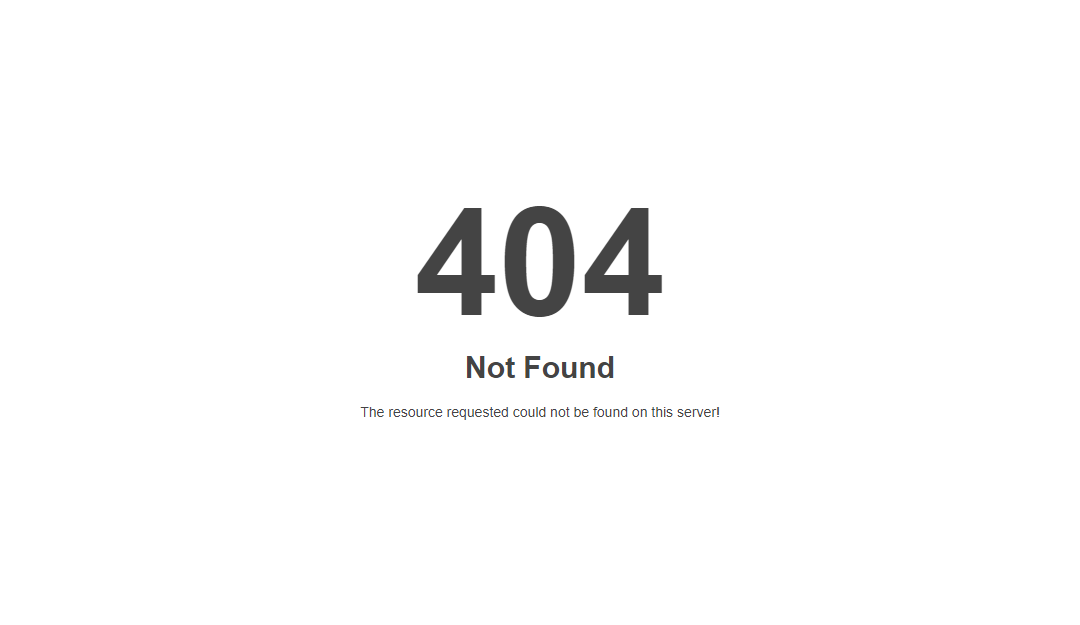Former Congress Woman Barbara Comstock and Net Choice President and CEO Steve DelBianco have joined forces to push back against progressive legislation, The American Innovation and Choice Online Act.
The pair argue that Minnesota Senator Klobuchar’s American Innovation and Choice Online Act Argue will essentially “Break the internet.”
Comstock and DelBianco assert that The Choice Online Act will hurt small businesses by not allowing tools such as “hours posted” and Yelp Reviews to be posted on Google because of being “discriminatory” against other businesses that are not higher in the google algorithm if passed through the Senate.
Fantastic interview with @BarbaraComstock and @SteveDelBianco about the weaponization of antitrust laws, The American Innovation/Choice Act, and changes being proposed to federal antitrust laws by the Biden administration and progressives. @IAFieldReport #IaPolitics pic.twitter.com/flbLpWbI3J
— Caleb Lillquist (@CLillquist) October 27, 2021
The main issue here? Comstock and Delbianco are concerned with the government bleeding more into cyberspace, which they argue will equate to less competition and less free-market space for everyday American users and consumers.
Many things Americans have become accustomed to features such as food reviews, business hours, and more could be at risk of going away as the Choice Online Act will deem those as “discriminatory search methods,” according to Comstock.
Compared to other countries in the world, particularly the European Union, it can be argued that the United States has one of the least restrictive internet laws and legislation of them all. Why else do many people come from across the world to work at places such as Silicon Valley and Google, Comstock, and DelBianco argue.
“This will make a more dangerous world-it’s a way to force a progressive agenda,” says Comstock.
For those Republicans that have jumped the bandwagon in support of Klobuchar’s bill, both argue that such an action is “misguided.” The pair assert that Republicans are merely taking frustrations of big tech censorship on anti-trust laws that have no burden on the issue of free speech whatsoever. “Destructive” is a commonality conveyed by the pair regarding the act of content on the internet bleeding over into the anti-trust realm.



